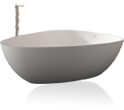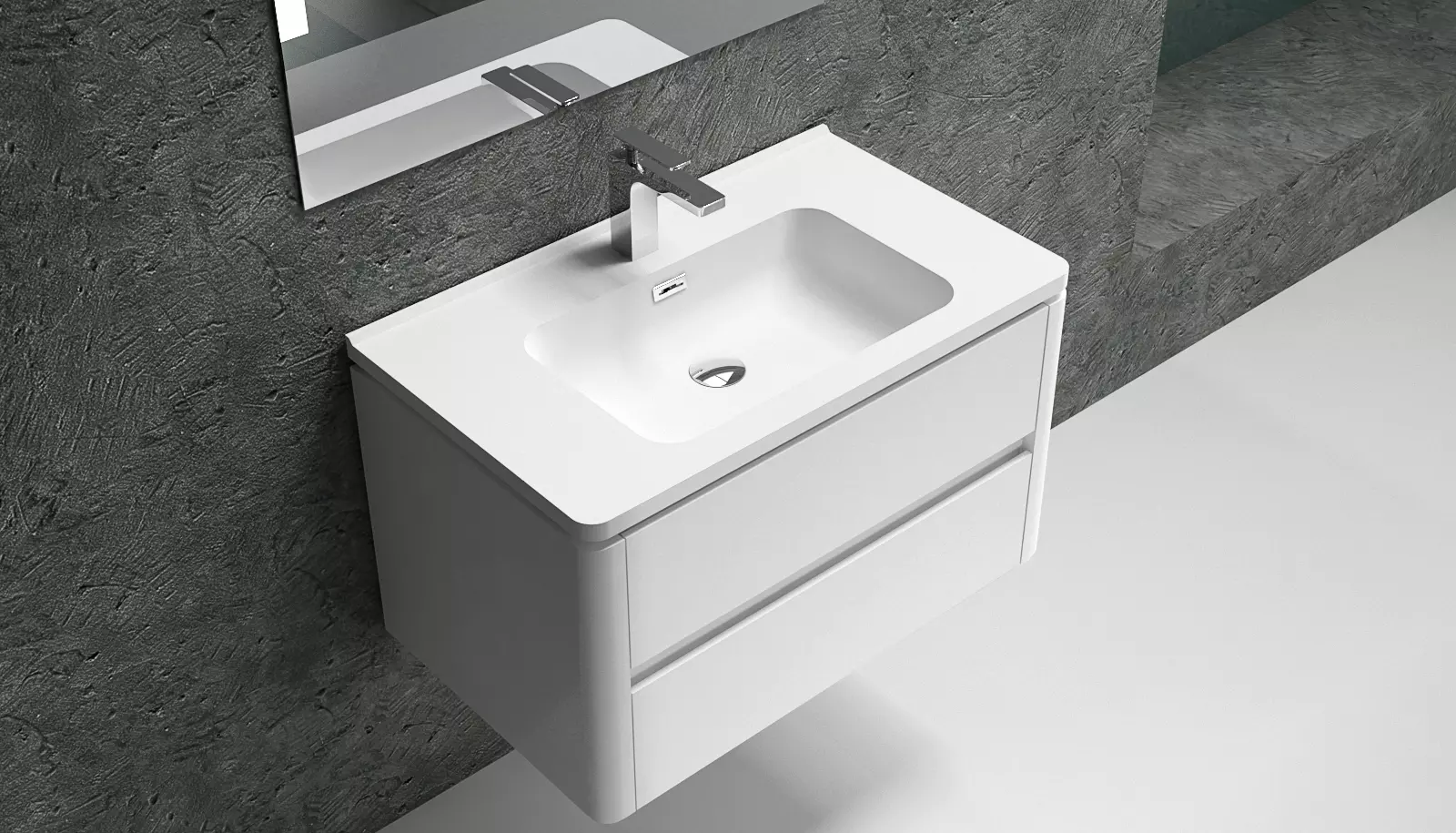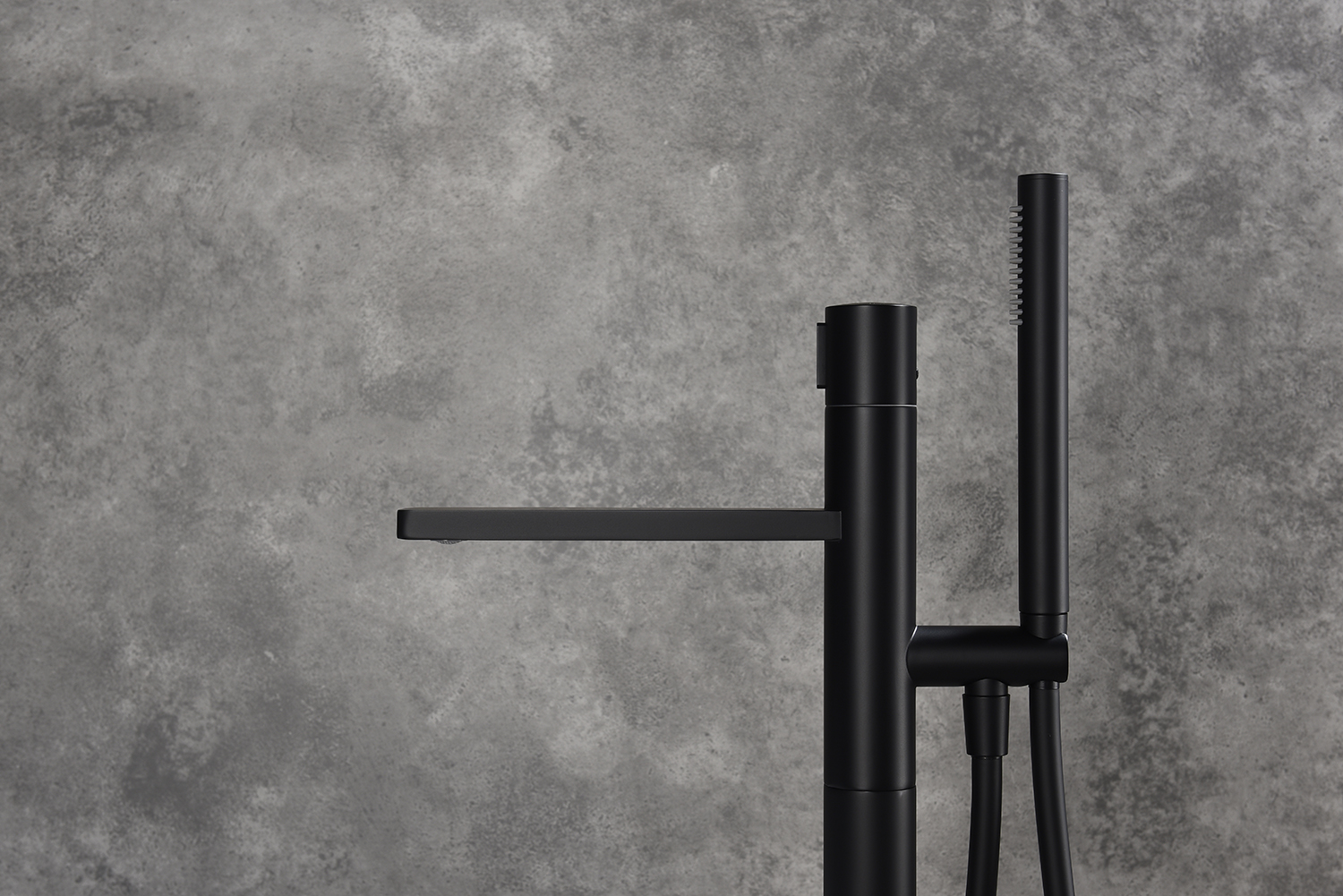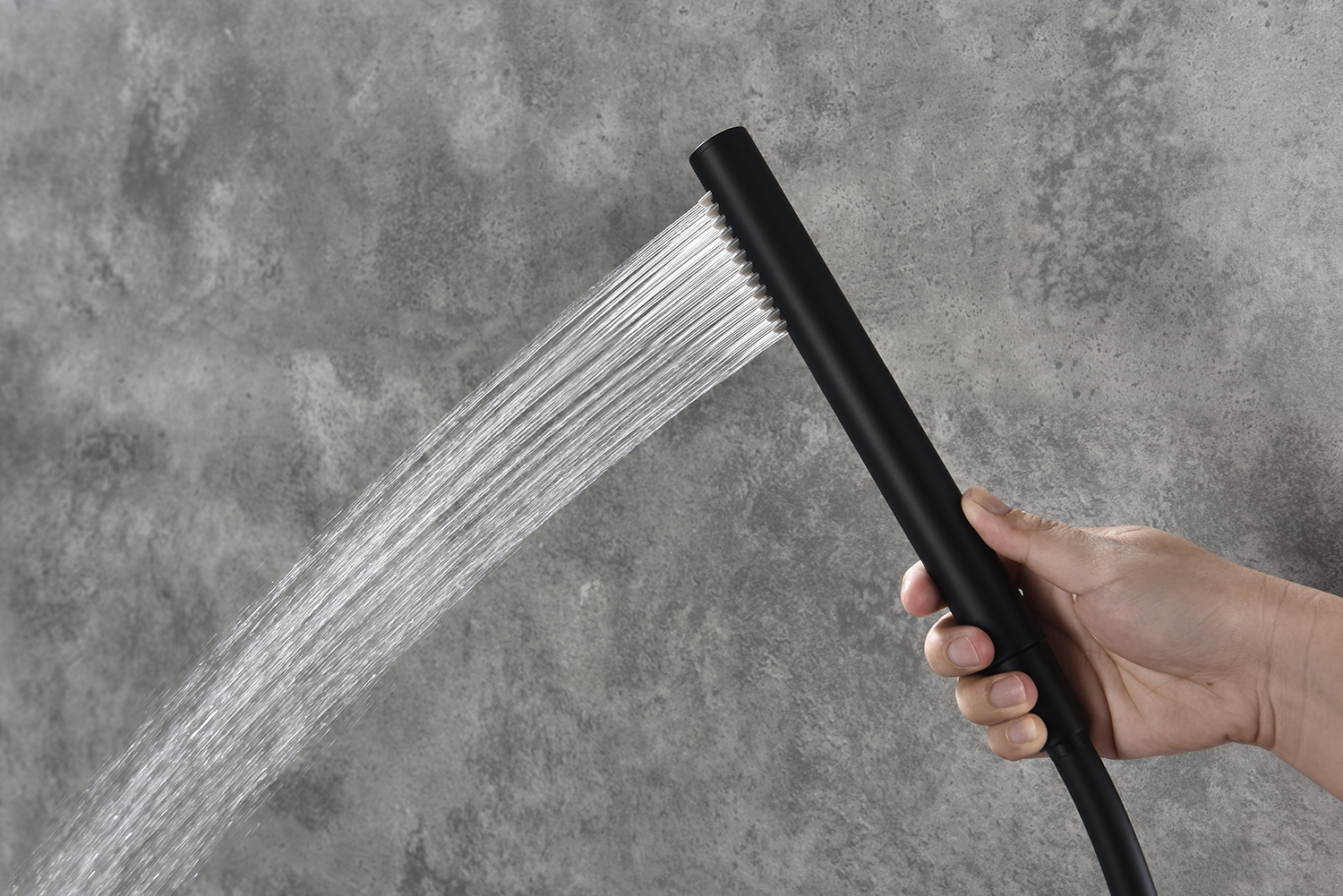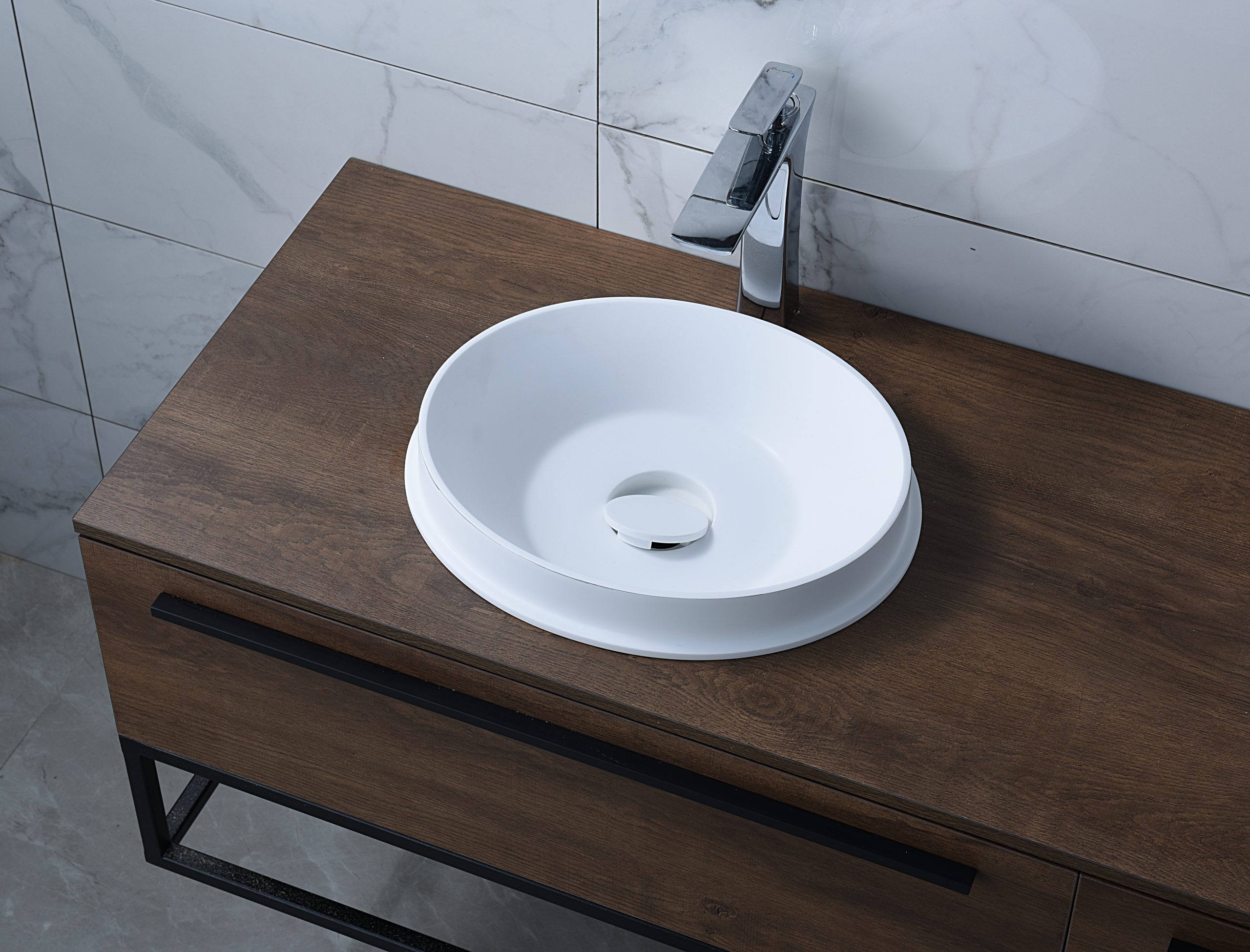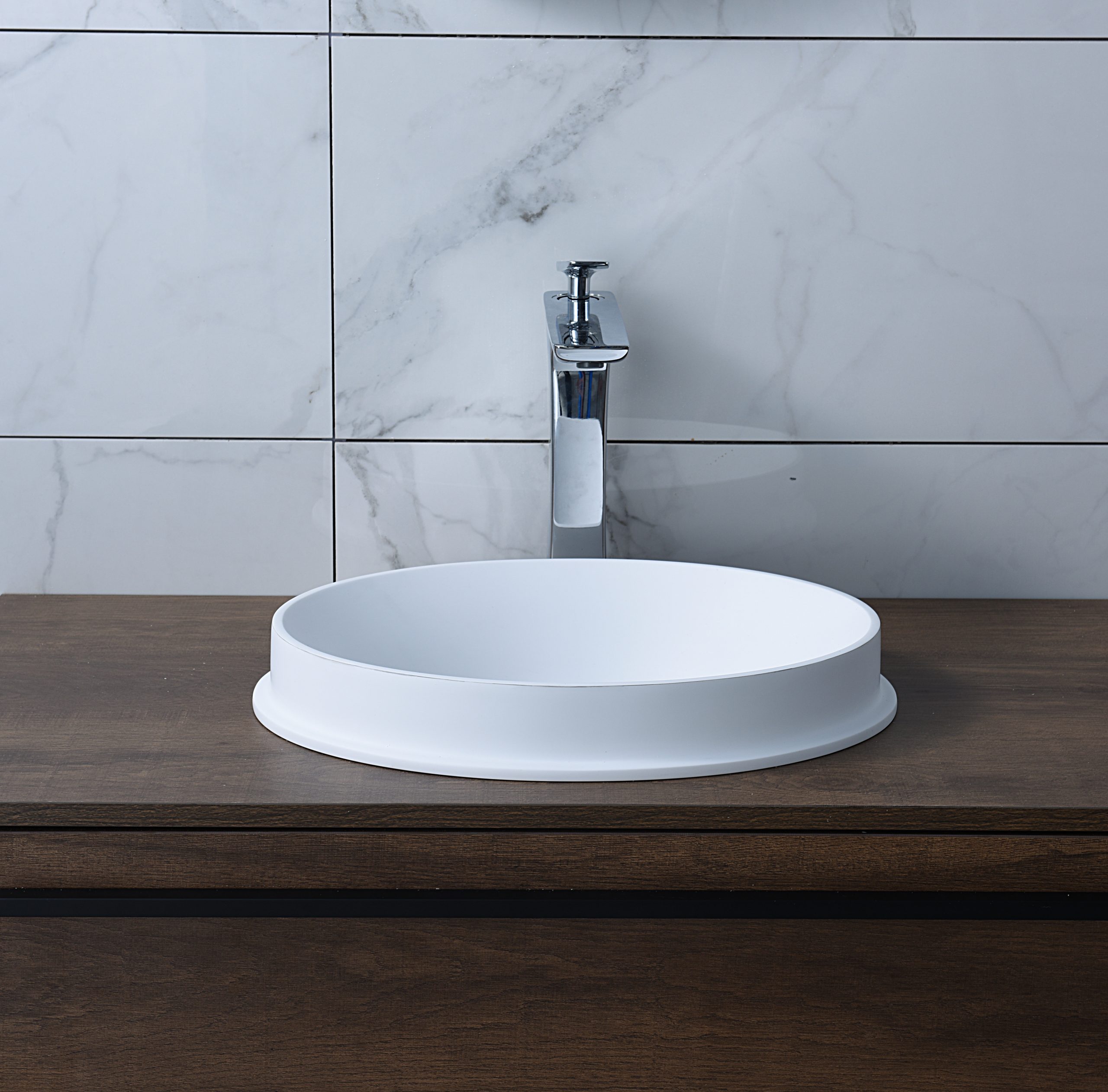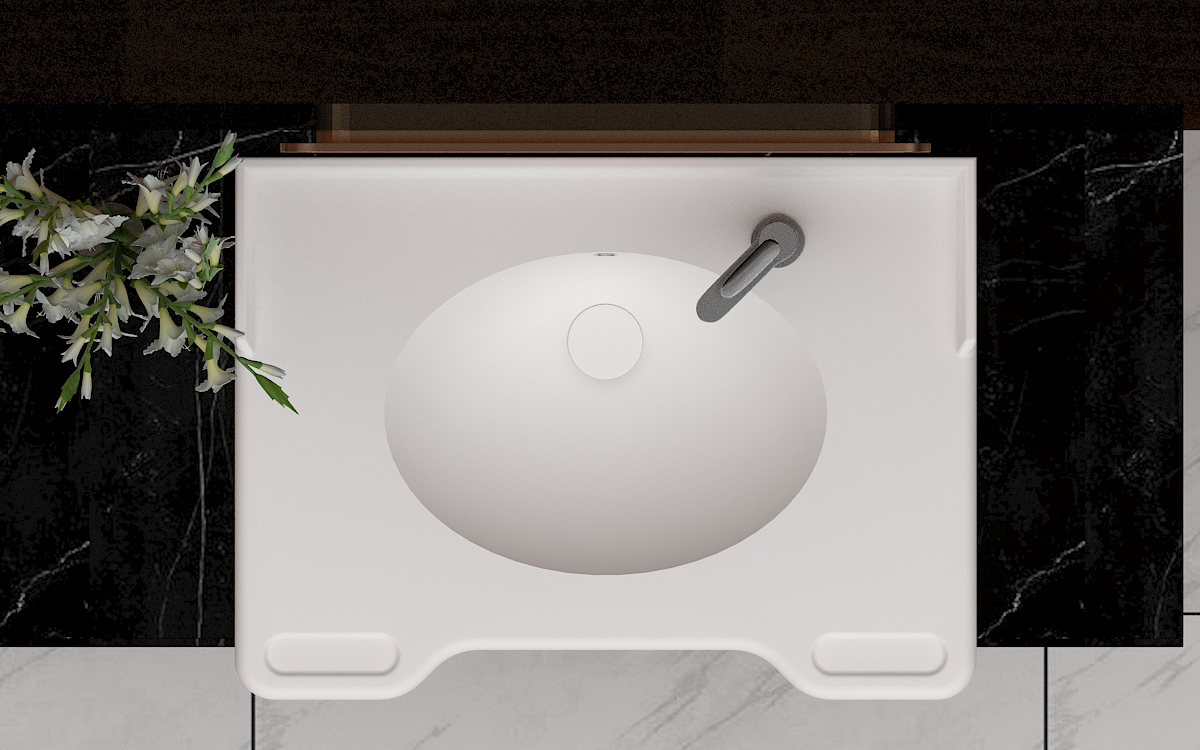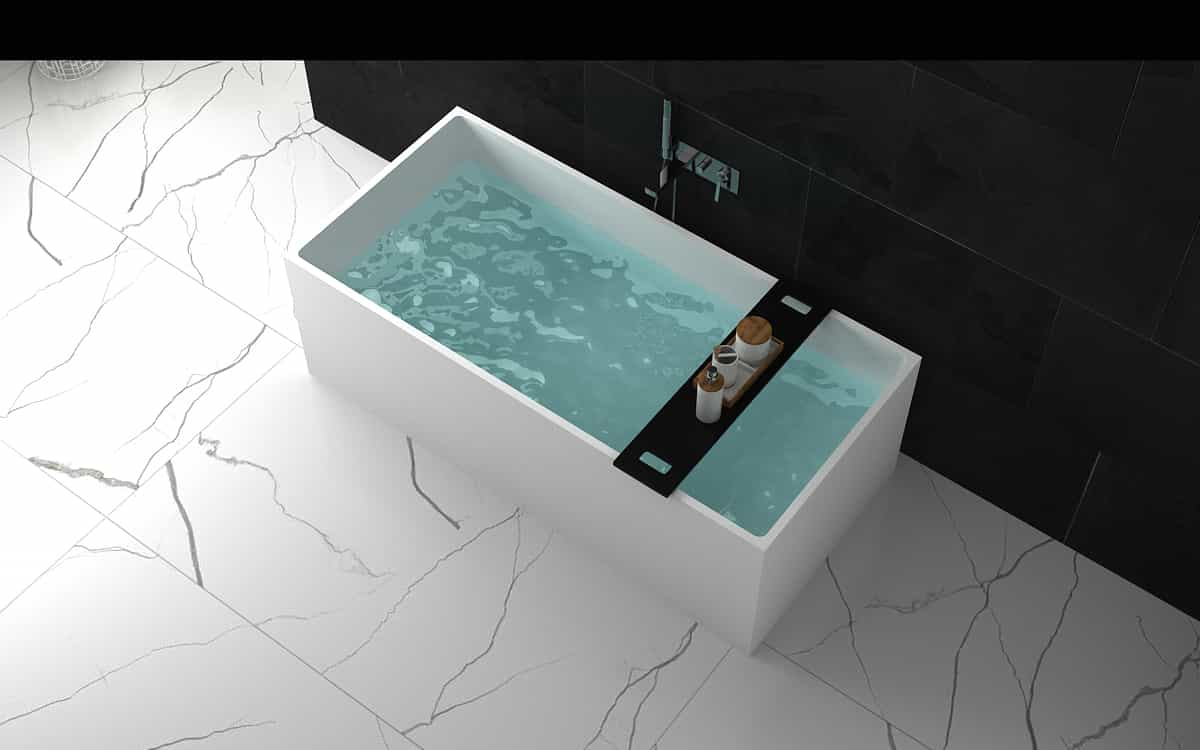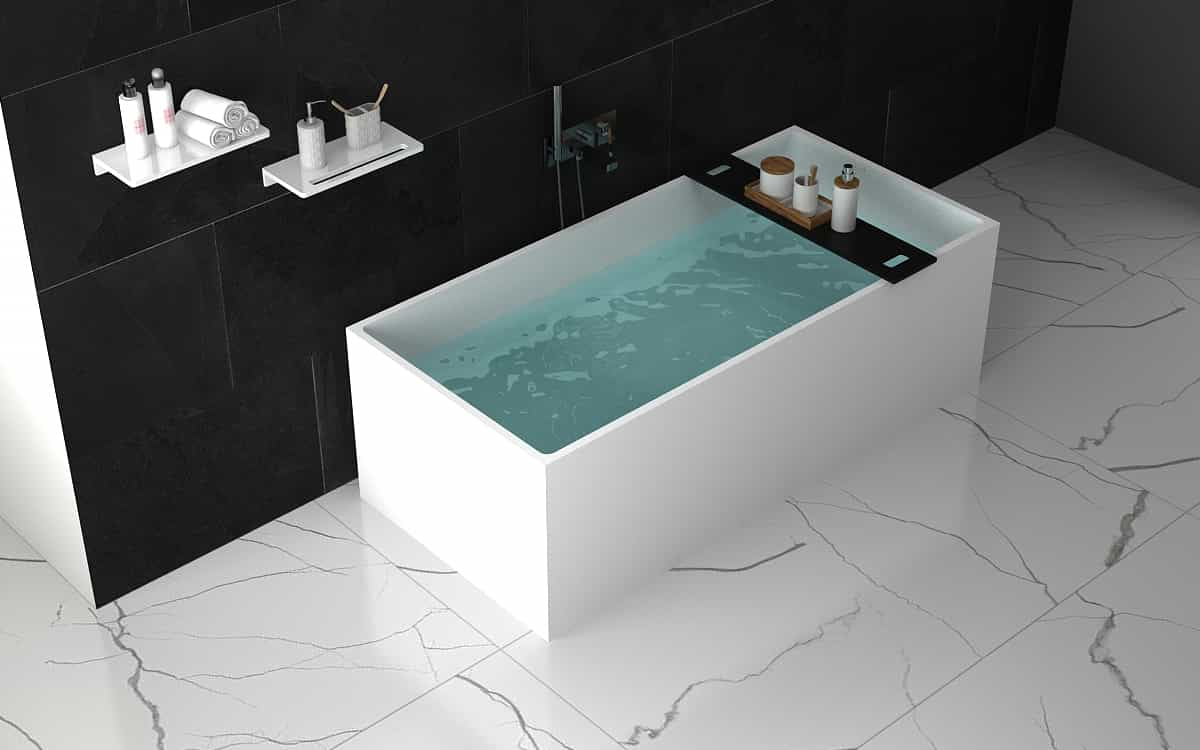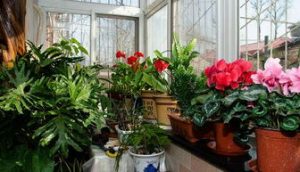
Monarchs
Monarchs are potted plants with flowers and leaves, and they should not be exposed to the sun.
Monarchs have a tendency to light, in breeding should pay attention to often turn the pot, summer is dormant, should control watering. In winter, when the temperature is low, the potting soil should be kept dry to prevent frost damage.
Crab Orchid
Crabapple orchids are very good autumn and winter flowering plants, which breed flower buds only in short sunlight.
Care should be taken not to overwater the crabapple orchid, as this can easily cause rot. It should also be protected from the sun and kept in a brightly lit place.
Hibiscus
Hibiscus is also called fuchsias, easy to cultivate, the temperature is suitable, can bloom all year round. Hibiscus flowers in a variety of colors, colorful.
Hibiscus like bright, ventilated breeding environment. Balcony culture should be given sufficient light, temperature control at 15 ℃ -25 ℃, can bloom all year round.
Edelweiss
The edelweiss plant is small and has many flowers, making it ideal for indoor balcony breeding and viewing.
There are many varieties of edelweiss with different flower colors, both foliage and flowering varieties, so you can choose according to your preference. Edelweiss likes full sun, and many varieties need sun to bloom.
Longevity flowers
Longevity flowers are very good indoor flowers and are also the main ornamental flowers in autumn and winter.
Longevity flowers are colorful, long-lasting, and can have as many as ten flowers on each branch. Longevity flowers are relatively drought tolerant, and attention should be paid to water control during the summer dormancy period.
Tigernut
The tiger plum has good ornamental properties, the temperature is suitable for year-round flowering.
The tiger plum likes a sunny environment, the summer heat should pay attention to shade. The tiger prickly plum should be careful not to get stuck by the thorns, which can easily cause skin allergy.
Bromeliad
Bromeliad family varieties, different varieties are also taken different nice names, for example, Hong Luck is the more popular bromeliad varieties.
Bromeliads like water, fear of cold, drought tolerance. In 10 ℃ to 40 ℃ can survive, bromeliads like shade, avoid direct sunlight. Note that when watering the water should be poured into the leaf tube.
Begonia
Begonia is another big family with many varieties, with very many varieties and flower colors, blooming diligently and long flowering period, which is a good choice for balcony family.
Begonia is not cold tolerant and should be protected from cold in winter when it is below 5℃. Begonia likes semi-shady environment, and should be shaded in summer to avoid strong direct light.
Lipstick Hanging Orchid
The lipstick orchid is named after its flowers, which resemble lipstick. When planting in pots, use loose and fertile sandy soil.
It is drought tolerant, semi-shade tolerant, and avoid direct light. It needs a lot of water during its peak growth period, so it should be watered frequently and sprayed to increase air humidity.
Eryngium
With its small stature, the greenest night cats and beautiful purple flowers, Big Rockhead is a rare indoor balcony ornamental plant.
It blooms every spring and fall and is dormant after the flowers fade. Big rockhead avoids direct sunlight and prefers bright, diffused light. The leaves of the big rockhead are fuzzy, and care should be taken to avoid watering the leaves when watering, as this can easily cause leaf rot.
Geraniums
Geranium is another flower with a great variety, a wide range of colors and different flower shapes.
Geraniums like warm, moist and sunny environment, poor hardiness, can not be at any time and high temperature.
Summer dormant period, pay attention to water control, cooling, winter below 5 ℃, should pay attention to the cold.
African violet
African violets are one of the few plants that can bloom even when raised indoors, and there are many different varieties and colors of flowers.
African violets prefer a warm and airy environment with diffused light. When watering, be careful not to water the leaves. Residual water on the leaves can easily lead to rot.

